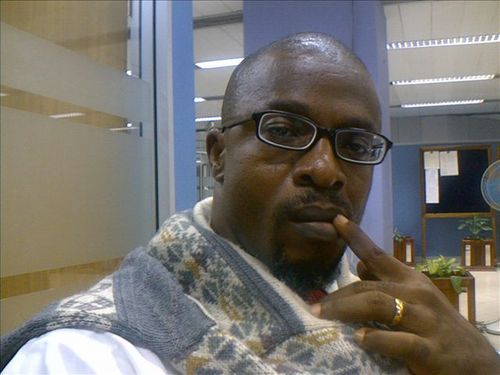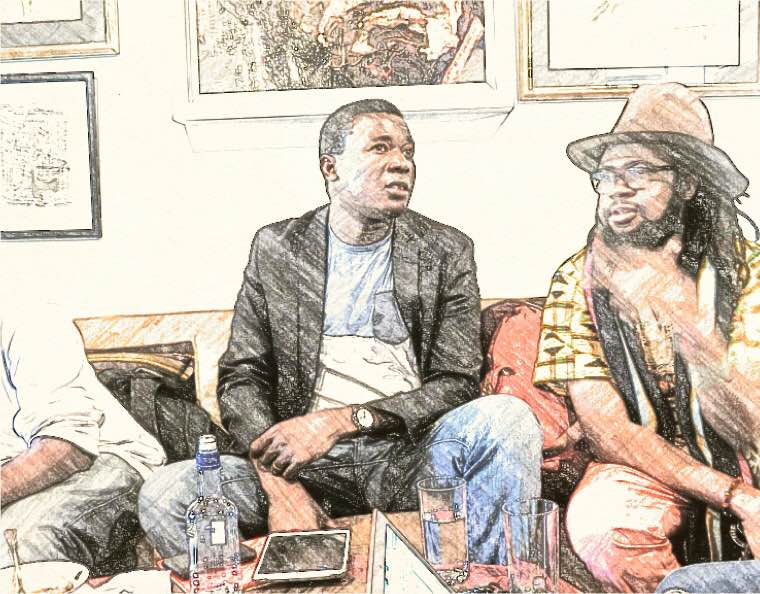
A democracy may entertain questions on how the notion of popular sovereignty may be best put to play. The range of possibilities runs from direct democracies (small communities legislating by referendums), to republics (where popular rule is exercised through representatives elected in regular polls). However, that the people rule and should be involved in governance, there ought to be no doubt.
Except, of course, in places where failed attempts at democracy have led to popular upheavals culminating in rule by unelected persons. In the Nigerian case, the military’s instinctive intervention in defence of the commonweal each time our elected representatives have acted to endanger the state, threatens the narrative on popular sovereignty.
On account of this, over the last decade-and-a-half, we have seen the military extend its responsibility for the defence of the nation’s “territorial integrity” to include a guarantee of its political purity. To be fair to the men in uniform, their regular intrusion into the political space may be the safety valve which has prevented this pressure cooker from imploding as have most other countries on the continent blessed with a similar smorgasbord of problems.
Unfortunately, the military has suffered less than salutary consequences from this its self-appointed role as the nation’s guardian. The consciousness of its rank and file has evolved through a succession of coups d’état to imagine itself — structure, processes and personnel — a supra-national fact. Above the people, and arranged “in their best interest”, it is small wonder that most soldiers refer to the rest of us as “bloody civilians”. Within this awareness, it makes sense that they do not hesitate at the slightest vexation to administer slight censure with rawhide whips to any amongst us who they might adjudge (rough and readily) to be in error.
Understandably, a critical measure of the successful implementation of democracy in polities like ours that still carry the barely-healed injuries of years of rule by the military is how successfully the military comes to accept the democratic and republican notions of popular sovereignty. Oftentimes, the ensuing tension is around no more sophisticated an issue than that the military’s top brass take their instructions from a civilian defence minister.
In this “battle” to turn our military into a stronghold of republican rule, symbols have come to matter as much as the substance of our respective actions, if not more so. In the resulting semiotic war zone, on one hand, the medium- to long-term outlook of our democracy is imperiled when more civilians would rather don military-style uniforms than wear civvies. Or, when compatriots adorn their vehicles with military paraphernalia in the assurance that this association elevates them above the “bloody civilian’s” responsibility to obey traffic rules.
On the other hand, the military has never ceased to protect its purity from corruption by “bloody civilians” whose love for the former’s senior status in our society translates into an affinity for combat fatigues. The sjambok and frog-jumps is the least of the misfortunes that may attend anyone unfortunate to be thus attired and eventually apprehended.
Hopefully, this love to “dress up” explains recent pictures in the media of our president in full combat gear addressing troops at the border with the insurgency that has been the biggest threat to our territory in recent times. Even then, it speaks to the naïveté of our leadership in the light of the task which history presents them with right now.
That said, there is another, more sinister, possibility. And this is the probability that the president’s minders were of the persuasion that only a leader, thus kitted, could stir the army to the sense of its patriotic duty needed to win the low-intensity war. In other words, that on his way to the frontline troops, the president’s entourage may have feared that our officers and men may not take seriously a president in civilian clothes.
Developments, of late, across the economy have threatened the many claims we have been making anew on its behalf — rapidly growing economy, democratic, republican, etc. While stronger support for old freedoms (speech, association, and the likes) will be essential to strengthening these claims, looking ahead, new definitions (of the right to privacy in a world where “the internet of things” might soon be a way of life) would be no less decisive.
On balance, a military completely subordinate to civilian rule would be just as important for the consumption of these freedoms, as a civilian leadership shorn of an inherited subservience to things military would be for their production.

